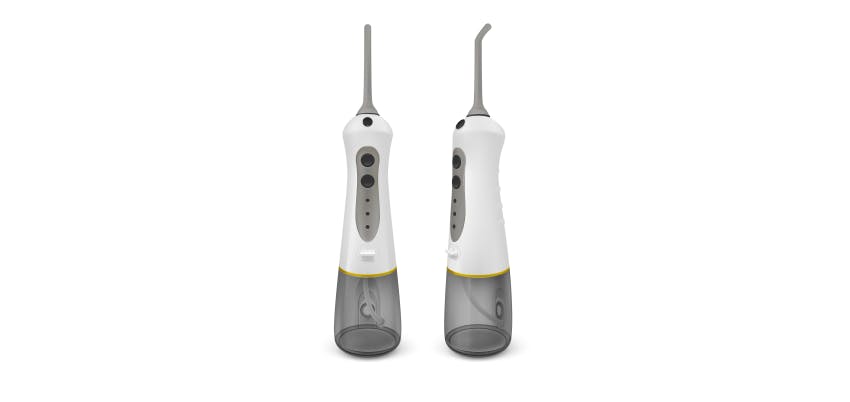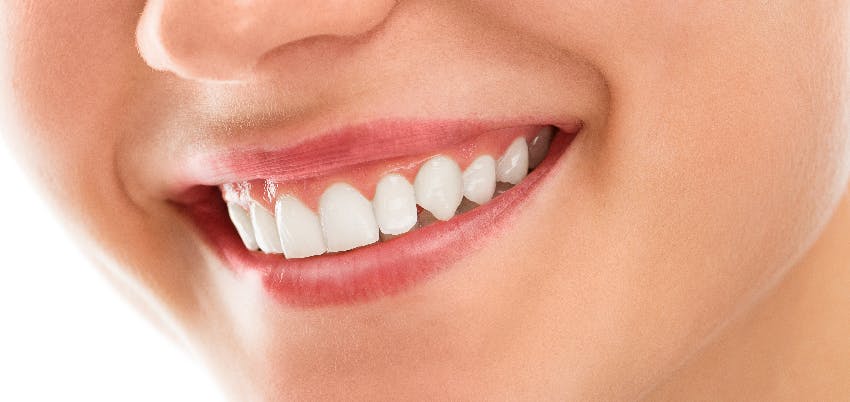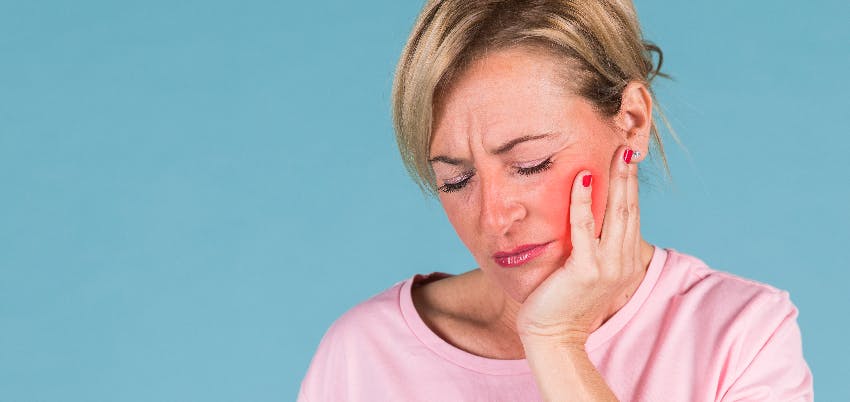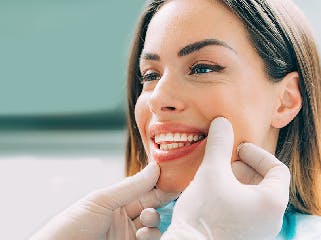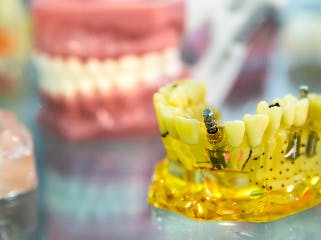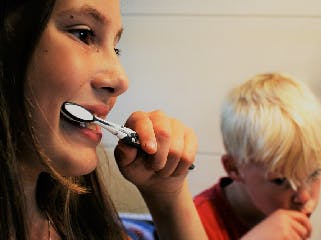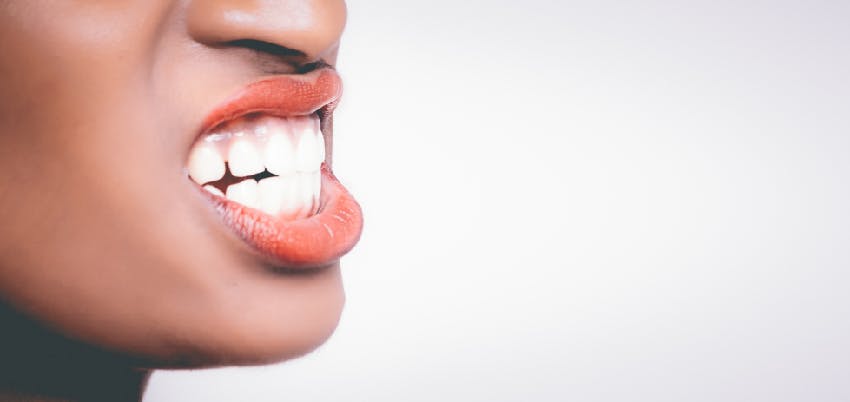
Bruxism: symptoms, consequences and treatment
by Wildsmile
Bruxism consists in the action of grinding the teeth or of clenching the upper teeth against the lower ones in a strong and insistent way to make a forward and backward movement. Most of the time it is carried out unconsciously. It is very common to occur during the night, at which time we do it involuntarily and, therefore, it is very difficult to avoid.
1. Symptoms linked to bruxism
· Stress
· Bad posture while sleeping
· Impaired sleep habits
· Tension that prevents relaxation
2. Consequences of bruxism
During childhood, bruxism is a common reaction to teething. Therefore, it is not considered a pathology nor is it treated. On the other hand, when it transcends the barriers of time and manifests itself in adulthood, it is necessary to consult the methods to prevent its effects, since these can be quite serious and manifest immediately:
· Tooth enamel wear
· Wear of dental pieces
· Possible breakage of a dental piece
· Dental mobility
· Swollen gums
· Difficulty chewing
· Difficulty speaking
· Inflammation of the jaw muscles
· Jaw muscles hypertrophy
· Headache
· Neck Pain
· Earache
· Clicks to move to your jaw (opening and closing the mouth)
· Problems in the jaw joint
3. Bruxism Treatment
Bruxism is a very simple pathology to treat. The dentist will make a splint tailored to your mouth, which you should use every night when sleeping. The splint does not prevent the movement of biting, but it neutralizes its effect, especially related to the wear of the teeth and the possibility of breaking a piece.
Other measures taken to prevent bruxism are:
· Avoid sweet or very hard foods
· Perform relaxation exercises
· Orthodontics (aligns the teeth and eliminates the bruxism)
· Sleep hygiene (elimination of mobile devices at bedtime and avoid alcohol consumption to fall asleep)
4. Botulinum toxin type A for bruxism
The application of botulinum toxin type A for bruxism is a modern treatment to combat the tendency to bite unconsciously. It is applied by an injection directly into the chewing muscles.
The relaxing effect of the toxin acts locally, eliminating the tension that leads to biting systematically. In addition to reducing the frequency of bruxism episodes, this toxin eliminates the discomfort and pain left by this pathology.
An injection acts for a period of three to six months.
The problem with the application of botulinum toxin in the chewing muscle, and therefore the FDA has not approved it as a treatment against this disease, is that it leads to bone wear.
It is not the toxin that causes this problem, but the fact that it leaves the muscle inactive. At the physiological level, when a bone is next to an inactive muscle, the interpretation that occurs is that it is no longer necessary to support the muscle, so it begins to lose density due to the simple lack of use.
Want to learn more about this?
Contact us
Your contact request is registered. We will contact you as soon as possible.
Lorem ipsum dolor sit amet, consectetur adipisicing elit. Adipisci alias aliquid amet commodi dolor, dolore doloremque dolores fugit quod repellat.
 ESP
ESP
 ENG
ENG

